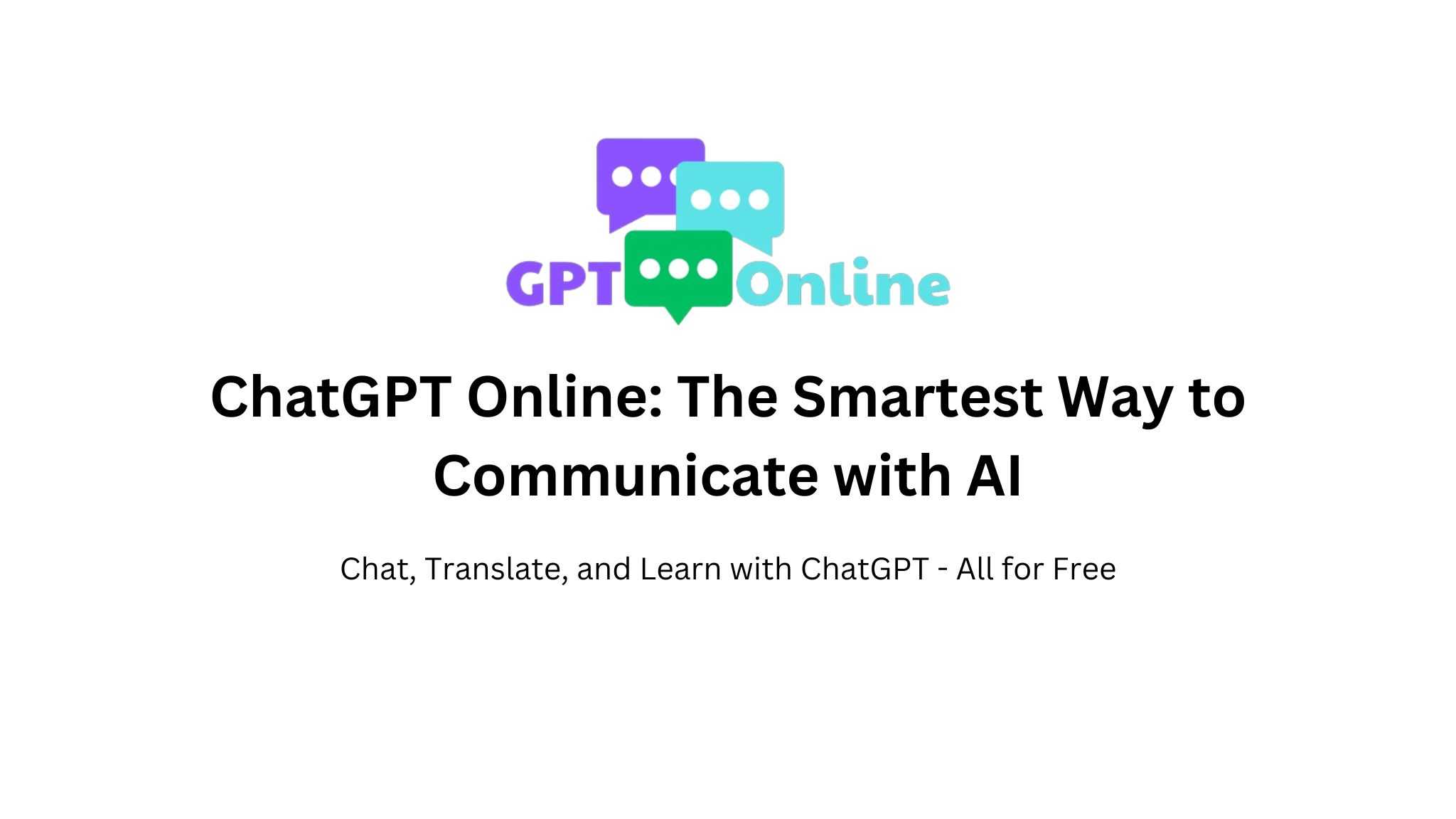ChatGPT and the Job Market: Opportunities and Challenges
The rise of artificial intelligence (AI) has brought about a wave of transformation across various sectors, and the job market is no exception. Among the most prominent AI tools shaping the future of work is ChatGPT, a sophisticated language model capable of generating human-like text, answering questions, and completing a wide range of tasks. While ChatGPT presents exciting opportunities for increased productivity and efficiency, it also poses certain challenges and uncertainties for the job market. In this article, we will delve into the complex relationship between ChatGPT and the job market, exploring both the opportunities and challenges it presents.
Opportunities Unveiled
1. Enhanced Productivity and Efficiency:
ChatGPT's ability to automate mundane and repetitive tasks frees up human workers to focus on more strategic and creative endeavors. This leads to increased productivity and efficiency across various industries. Content creation, customer service, data analysis, and even programming can be streamlined with the help of ChatGPT, allowing professionals to achieve more in less time.
2. New Job Roles and Specializations:
The integration of ChatGPT into various workflows will inevitably lead to the emergence of new job roles and specializations. Prompt engineers, AI trainers, and AI ethicists are just a few examples of professions that are likely to gain prominence in the near future. These roles will require individuals with a deep understanding of AI, its capabilities, and its limitations, as well as the ability to leverage AI tools like ChatGPT effectively.
3. Democratization of Access to Information and Expertise:
ChatGPT, particularly through free online platforms like https://gptonline.ai/, has the potential to democratize access to information and expertise. Individuals and businesses, regardless of their resources or location, can now leverage the power of AI to gain insights, generate ideas, and solve problems. This opens up new opportunities for innovation, collaboration, and growth across various domains.
4. Improved Customer Service and Engagement:
ChatGPT can be utilized to provide round-the-clock customer service and support, handling inquiries, resolving issues, and providing personalized recommendations. This not only enhances the customer experience but also frees up human agents to focus on more complex and high-value interactions.
5. Accessibility and Inclusion:
ChatGPT can be a powerful tool for promoting accessibility and inclusion in the workplace. By automating certain tasks and providing real-time assistance, it can empower individuals with disabilities to participate more fully in the workforce. Additionally, ChatGPT's language capabilities can bridge communication gaps and facilitate collaboration across diverse teams.
Challenges Ahead
1. Job Displacement and Automation:
The automation capabilities of ChatGPT and similar AI tools raise concerns about job displacement and unemployment. While AI is likely to create new jobs, it is also expected to automate certain tasks and roles, particularly those involving repetitive and routine work. This necessitates proactive measures to reskill and upskill the workforce to adapt to the changing demands of the job market.
2. Skill Gaps and the Need for Lifelong Learning:
The rapid advancement of AI technologies like ChatGPT demands continuous learning and upskilling. The workforce will need to acquire new skills and competencies to remain relevant in an increasingly AI-driven world. This calls for a shift in the education system and a greater emphasis on lifelong learning to equip individuals with the skills they need to thrive in the future of work.
3. Bias and Ethical Concerns:
AI models like ChatGPT are trained on vast amounts of data, which can inadvertently perpetuate biases and stereotypes. Ensuring fairness, transparency, and accountability in AI systems is crucial to avoid discriminatory outcomes and maintain public trust. Addressing ethical concerns related to AI development and deployment is paramount.
4. Overreliance on AI and Loss of Human Touch:
While ChatGPT can be a valuable tool, overreliance on AI can lead to a loss of human connection and critical thinking skills. It's essential to strike a balance between leveraging AI capabilities and preserving the human element in decision-making and problem-solving.






